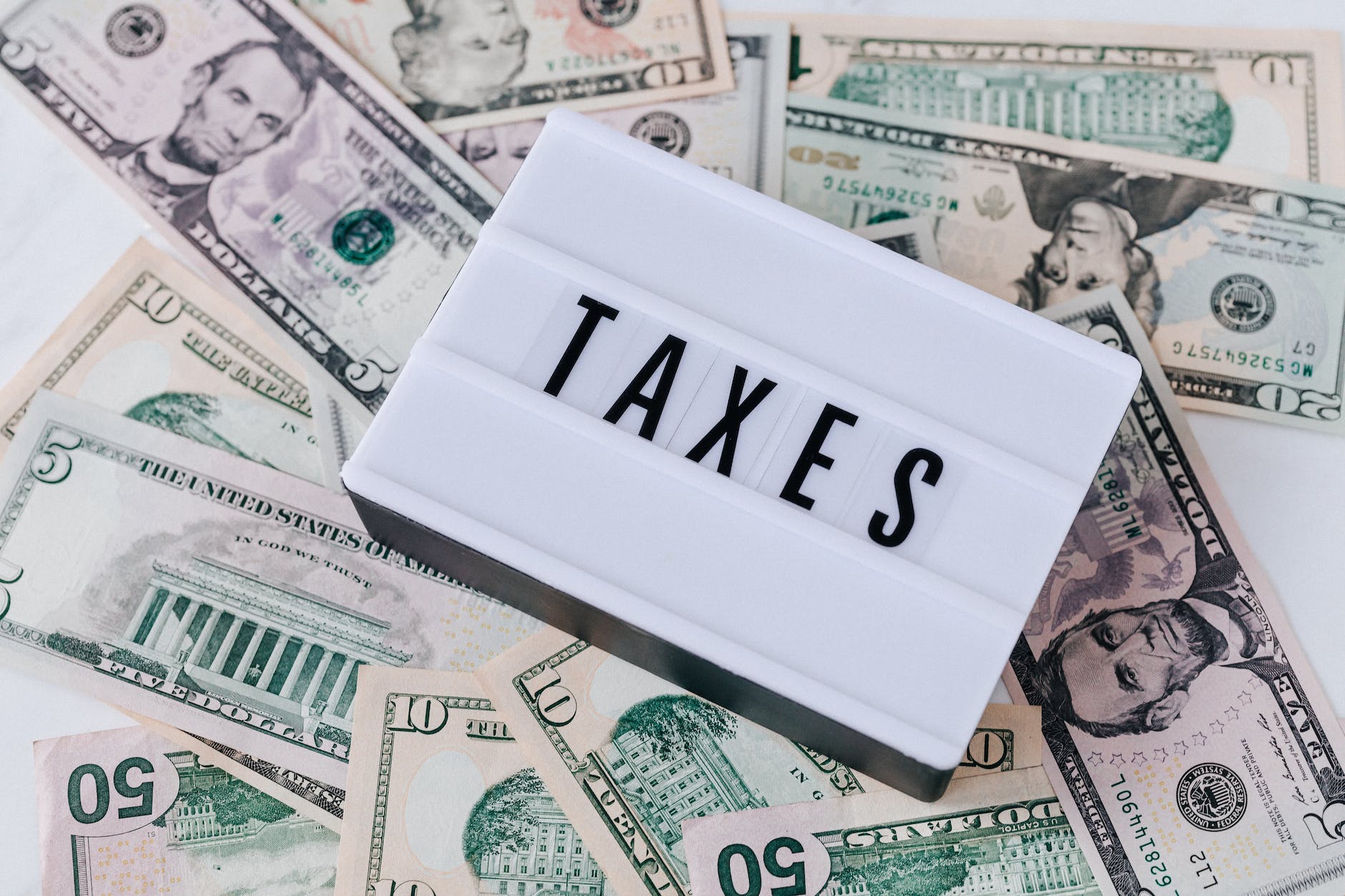Content by E. Grant Murphy – Edited by Kate Merrihew
You may not be familiar with your property tax assessment but whether you are an appraiser, agent or homeowner, you should be. This assessment should include a fair market value and an assessed value directly in connection to how much the homeowner pays. Major changes in that assessment might be a reflection of a purchase or sale of the property, renovations (if you are pulling permits) and market conditions. Many people think that they are not able to appeal this determination, but that is incorrect. In fact, the instructions for how to appeal are located directly on the form that the homeowner receives.
So why should one take the time to go through this process? The easiest answer is to save money. In Georgia, when you win your appeal, typically that value holds for 3 years. That adds up. Additionally, if you appeal to Georgia Superior Court and get the assessed value dropped by 15% or more, Georgia is responsible for paying all of your court fees. Our appraiser, Colin, noted that in Mecklenburg County NC, he was able to help many clients in 2011 who had suffered because the assessors in that area missed a few years and values seemed to take into account that misstep. They skyrocketed. This did not take into account all other factors that create value. Time does not simply mean that value increases in a stable, linear fashion and as appraisers, we understand that inherently.
The effective date must match the tax appeal – January 1 of the year in question. This is a “retrospective appraisal.” Any activity that occurs AFTER the effective date should not be considered in the appeal. This includes the work done on the property on January 5th or any sales after January 1st. As appraisers, we should be collecting pictures and evidence to support the timeline of any changes.
Most appeals are approached based on uniformity. Uniformity assumes that your taxes should take into consideration what your neighbors also pay. Provided that they have a generally similar home with similar positive location factors, your taxes can ebb and flow similarly. If the homeowner feels that the taxes are extremely high based on the surrounding properties, he/she likely has grounds for an appeal. One of our D.S. Murphy Instructors used the argument of uniformity to appeal her own tax assessment and was able to overturn the evaluation. County assessors had not properly taken into consideration that the home did not have the same golf course view when raising taxes solely based on the houses being in the same neighborhood. Getting a consultation appraisal on the front end is helpful to have a well-supported opinion of value.
The appeal forms must be submitted ahead of the assigned deadline. The reaction will vary from county to county but will likely include appearing in court at an assigned court date. The state will bring their own valuation staff to provide evidentiary support. You do not need to have your appraisal and all supporting documents in line before filing the form to start the appeal. File the appeal forms, get it in to the necessary office, and then begin to gather your intel.
When the homeowner’s appeal is being considered, it’s important to know that courts do not operate under the assumed “Beyond a Reasonable Doubt” determination. Instead, they follow a “Preponderance of Evidence” approach. This means that the information has to point towards 1 outcome over the other or to prove that something is more likely than not.
Something to keep in mind as you are deciding whether to go through this process is that you are your best advocate. At D.S. Murphy, we want to be more active as your partner in understanding your right to appeal. Though this is often a pain and certainly adds to stress, we want to help you understand the process and make our efforts worthwhile.

